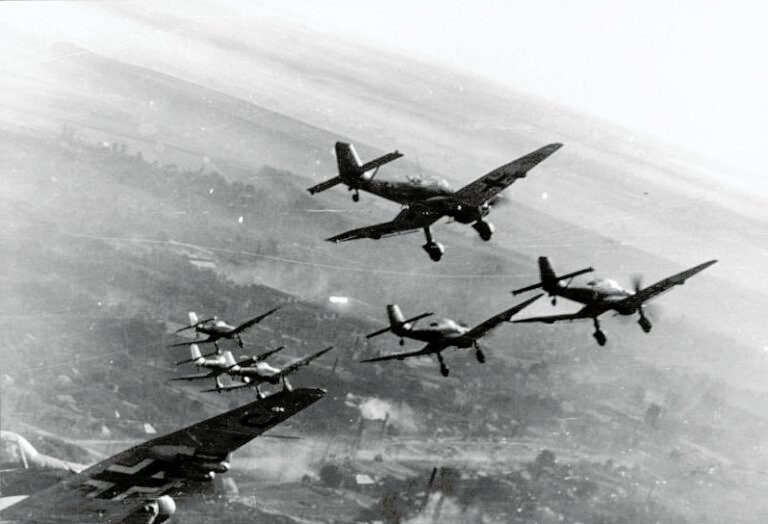World War II was a major global conflict that lasted from 1939 to 1945. It involved most of the world’s countries, grouped mainly into two opposing alliances: the Allies and the Axis. This war changed the course of history, reshaping political boundaries, economies, and societies around the world.
The causes of World War II are complex and rooted in the aftermath of World War I. The Treaty of Versailles, signed in 1919 to end the first war, placed heavy penalties and restrictions on Germany. This treaty caused widespread economic hardship and political instability in Germany. The Great Depression further worsened conditions worldwide, creating fertile ground for extremist political movements. Adolf Hitler and the Nazi Party rose to power in Germany by promoting nationalism, militarism, and the idea of racial superiority. Meanwhile, expansionist ambitions grew in Italy under Benito Mussolini and in Japan, leading these nations toward conflict.
The war officially began on September 1, 1939, when Germany invaded Poland. In response, Britain and France declared war on Germany, marking the start of widespread hostilities. Germany quickly used a new military tactic called blitzkrieg, or “lightning war,” which combined fast-moving tanks, aircraft, and infantry to overwhelm enemies. This strategy allowed Germany to conquer much of Western Europe in the following months, including France. In 1940, Germany controlled much of the continent.
The war took a new turn in 1941. Germany broke its non-aggression pact with the Soviet Union and launched a massive invasion. At the same time, Japan attacked the U.S. naval base at Pearl Harbor in Hawaii, bringing the United States fully into the war. These events expanded the conflict to multiple continents and oceans, turning it into a true world war.
Some of the most critical battles occurred during 1942 and 1943. The Battle of Stalingrad in the Soviet Union marked a major defeat for Germany and a turning point on the Eastern Front. In the Pacific, the Battle of Midway was a decisive victory for the United States, halting Japanese expansion. These battles shifted momentum toward the Allies, who began to push Axis forces back.
On June 6, 1944, the Allies launched the D-Day invasion of Normandy, France. This massive military operation involved thousands of troops crossing the English Channel to liberate Western Europe from Nazi control. The success of D-Day set the stage for the eventual defeat of Germany. By May 1945, Germany had surrendered, ending the war in Europe.
The conflict continued in the Pacific until August 1945. The United States dropped atomic bombs on the Japanese cities of Hiroshima and Nagasaki. These bombings led to Japan’s surrender and brought World War II to a final close.
World War II caused an estimated 70 to 85 million deaths, including soldiers and civilians. One of the darkest chapters of the war was the Holocaust, during which Nazi Germany systematically murdered six million Jews, along with millions of others, including Roma, disabled individuals, and political prisoners. The war also devastated many cities, economies, and infrastructures worldwide.
The aftermath of World War II reshaped global politics. European colonial powers weakened, leading to independence movements in Asia, Africa, and the Middle East. The United States and the Soviet Union emerged as superpowers, leading to the Cold War era of rivalry and tension. To prevent future conflicts, the United Nations was established in 1945 as an international body dedicated to peace and cooperation.
World War II also accelerated technological advancements. Innovations such as radar, jet engines, and nuclear energy had lasting effects on military and civilian life. The Manhattan Project, the U.S. effort to develop atomic bombs, marked a new era in warfare and energy.
World War II remains one of the most studied and remembered events in history. Its causes, battles, and consequences continue to teach important lessons about the dangers of aggression, hatred, and the value of international cooperation. The legacy of this conflict shapes the world to this day.







